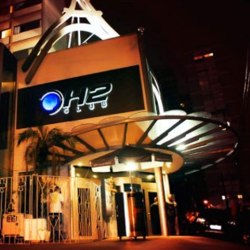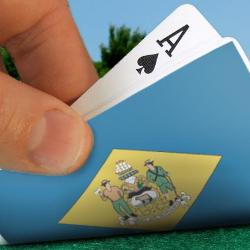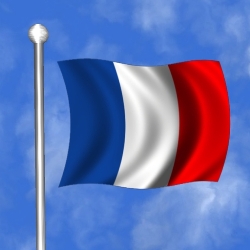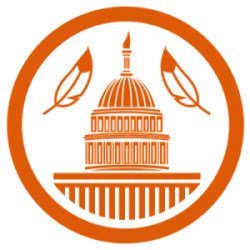Bodog Makes Further Inroads in Brazil

Every year, Brazilians are believed to spend roughly $6.4 billion gambling illegally. Lawmakers are all too aware of this and are actively considering a major overhaul of the country’s highly restrictive gambling laws in order to make online and brick-and-mortar gambling legal throughout the vast South American nation. As a result, the National Congress is currently considering two bills related to gambling regulation, and there is hope that they could be passed before the end of the year. In the meantime, both online and land-based gambling operators are positioning themselves to get a jump-start moving into the lucrative untapped market on Day One following regulation.
Bodog and H2 Poker Club
Online gambling operator Bodog recently announced that it is sponsoring the H2 Poker Club based in Sao Paolo, a legal gambling establishment that complies with the current regulations of the country. With the new partnership in place, and a related media campaign already underway, Bodog will be able to introduce the trappings of its online brand to people competing in local tournaments, as well as those taking part in everyday gaming.
Through the move, Bodog will also be able to get a head start with building brand recognition in Brazil, a move which could eventually establish it as a top competitor if and when online poker does becomes legal. Commenting on the innovative partnership agreement with Brazil’s largest poker club, Luana Bran, marketing coordinator for H2 Club, expressed his excitement over the development and all the benefits it may bring, saying:
“We are excited to have a global brand like Bodog sponsoring the club. We are proud to welcome poker players from all over Brazil and we are very confident that this partnership will help both parties grow in the region and cement our reputation as the best in our areas.”
South American Expansion Plan
Brazil isn’t the only Latin American country that Bodog has set its sights on either, and in February 2017, the iGaming operator announced that it was making its online gambling site available in 16 countries located throughout Central America and South America. Included amongst the list of these countries is Argentina, Bolivia, Brazil, Chile, Columbia, Costa Rica, Ecuador, El Salvador, Guatemala, Honduras, Mexico, Nicaragua, Paraguay, Peru and Venezuela.
Adelson Wants In
In terms of brick and mortar gambling, some of the world’s major players have started vying to be among the first to launch development projects in Brazil. Billionaire casino mogul Sheldon Adelson, for instance, visited Rio de Janerio in mid-May, adding fuel to speculation that his company, the Las Vegas Sands Corp, is planning to invest heavily in a potential Brazilian gambling market.
Rumor has it that Adelson is prepared to make an investment of $8 billion in Rio de Janerio, but while the city’s mayor Marcelo Crivella has confirmed that Adelson is considering the investment, it has not verified that the money Adelson intends to invest will be used to build a gambling resort. Nevertheless, given the current state of gambling regulations, it’s safe to assume that the Las Vegas Sands is getting ready to seize the opportunity and expand into Brazil.
In the past, Adelson has also expressed his enthusiasm about Brazil’s potential as a profitable center for gambling. In 2015, he said that Brazil was a good investment opportunity, citing the fact that the country has the 8th largest economy in the world and a sizable population of 208 million people. In the meantime, it’s possible that rumors about the Las Vegas Sands Corp’s intentions may help encourage Brazilian lawmakers to pass their proposed gambling bills, and furthermore Adelson is also likely to have already started lobbying for legislators to pass the law. As an article published in Games Magazine recently stated:
“Adelson wants to be one of the first entrepreneurs to conquer the country’s gaming market and also bring his casino brand. The approval of a consistent law could make Brazil the third best market for the group, after Las Vegas and Macau.”










